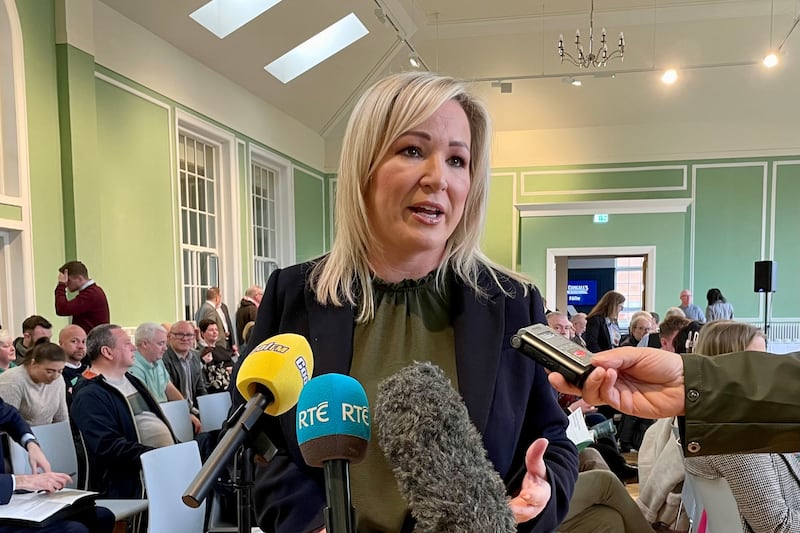DOCUMENTS relating to the negotiations that led to the signing of the Good Friday Agreement are now available online for the first time.
Almost 500 documents from 1997 and 1998 have been added to the Cain (Conflict Archive on the Internet) website – a partnership between the Public Record Office of Northern Ireland (Proni) and Ulster University.
The new material provides insight into some of the key events and development during a critical period.
It includes coverage of the negotiations, papers detailing the subsequent efforts to establish new institutions and documents relating to other political and security matters, including the parading issue.
The accord's 25th anniversary will be marked next April.
Read more:
Have your say - Is the time right to hold a border poll?
Mandatory coalition - Are we ready for reform?

Proni acting director David Huddleston said it was important that public records are made easily available to help increase understanding of the recent past.
“The work with Cain has enhanced access to key historical documents by making them viewable online from anywhere in the world," he said.
"The Proni on Cain resource now amounts to a significant volume of archive material dating from the 1960s to 1998 and I welcome the ongoing collaboration with Ulster University to make this possible.”
Cain deputy director and UU politics lecturer Dr Brendan Lynn said the addition of the new material brought the total number of Proni documents on Cain to more than 4,000.
"The information itself is easily available and free of charge and will be undoubtedly of great interest to students, researchers, teachers and lecturers or to anyone looking for information on the recent political and social history of Northern Ireland," he said.








